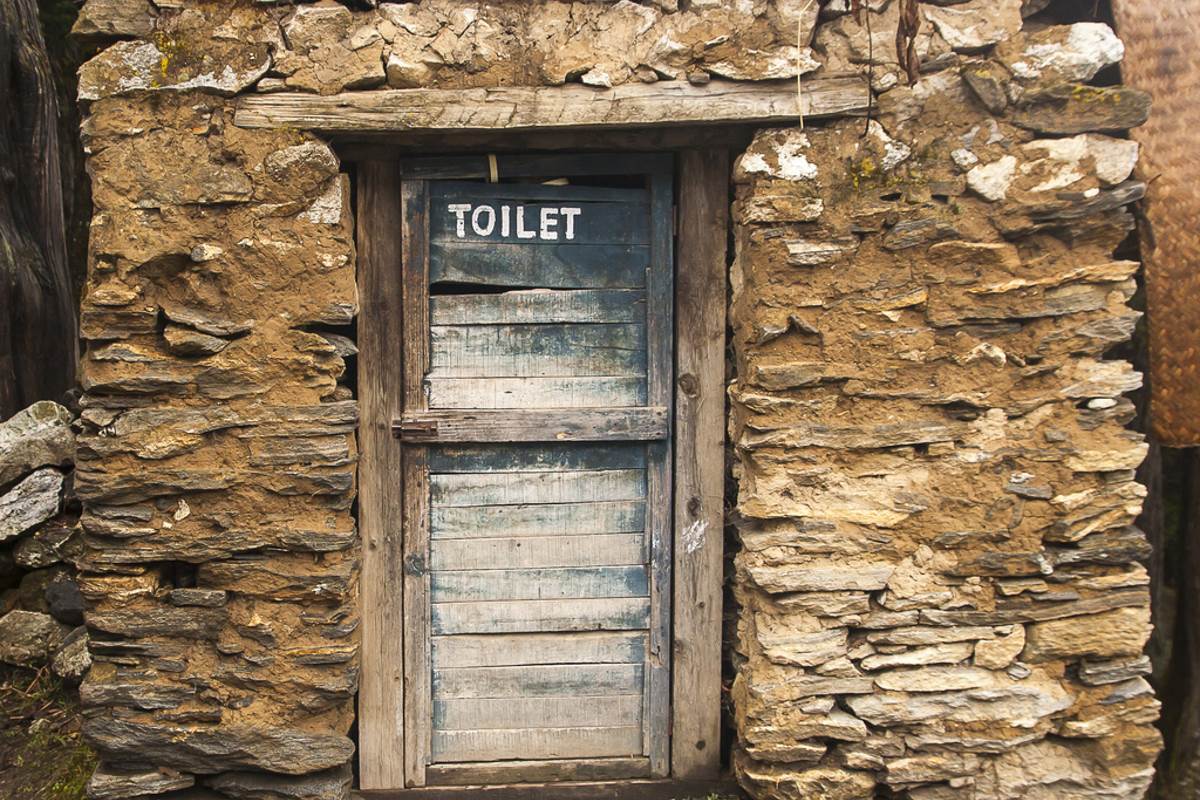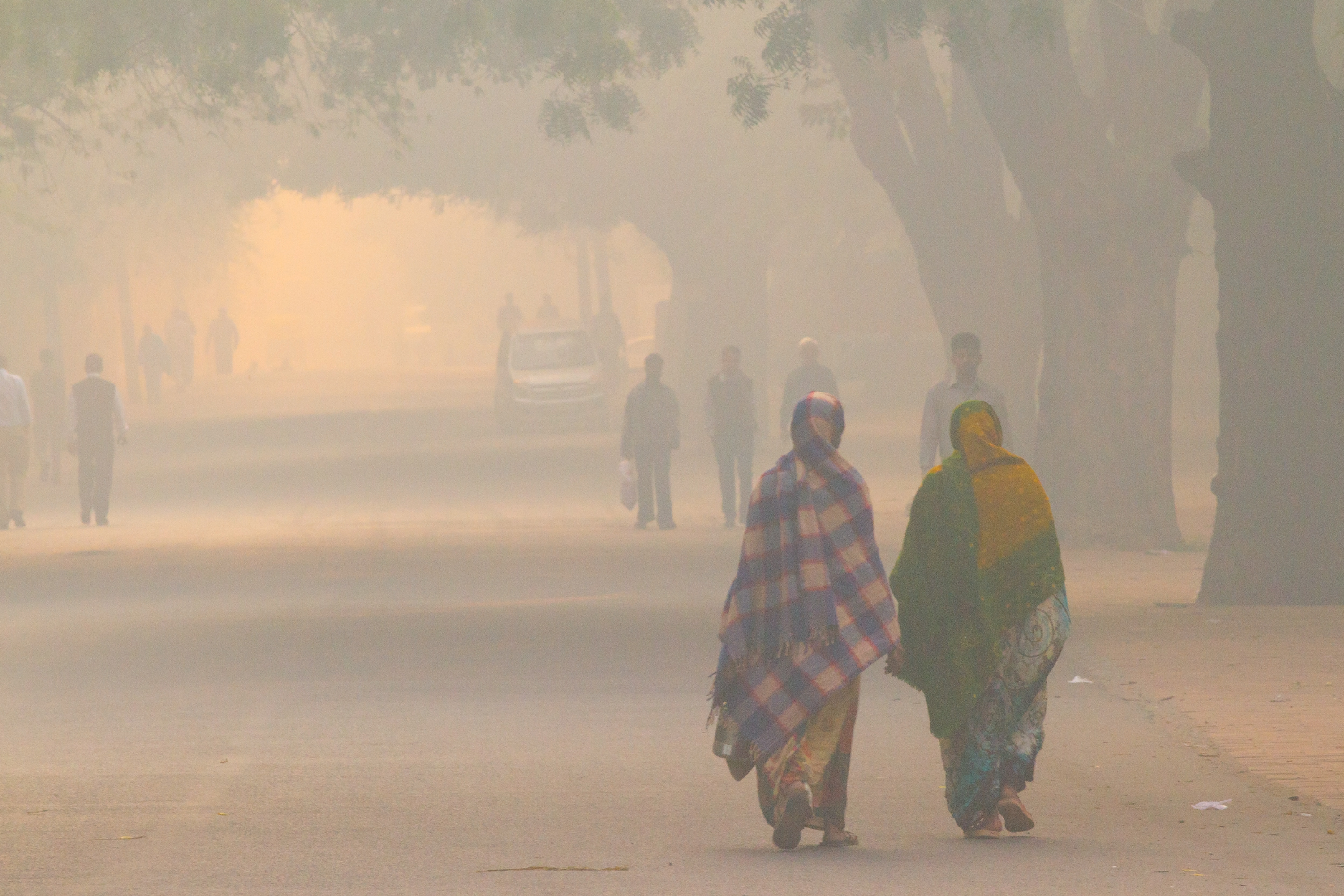A toilet is not just a toilet. It’s a life-saver, dignity-protector and opportunity-maker.
Whoever you are, wherever you are, sanitation is your human right. And yet, billions of people are being left behind.
Ask yourself: how could anyone lift themselves out of poverty without sanitation? How can the world achieve the Sustainable Development Goals while so many of our fellow citizens live without something so essential to their health?
World Toilet Day is on November 19th: here are eight things you need to know about the sanitation crisis.
- The sanitation crisis is still massive: 2 billion people still live without safely managed sanitation – more than half the global population – and 673 million people still practise open defecation. (A ‘safely managed sanitation service’ is a hygienic, private toilet that safely disposes of people’s waste).
- Lack of sanitation is a major killer: Inadequate sanitation is estimated to cause 432,000 diarrhoeal deaths every year and is a major factor in diseases such as intestinal worms, trachoma and schistosomiasis.
- Vulnerable people bear the brunt: The people who live without safely managed sanitation tend to face multiple forms of discrimination based on factors such as gender, race, religion, caste and economic status. These groups can be left behind as they try to access and manage sanitation services or improve their current facilities.
- Children are some of the worst affected: 297,000 children under five are estimated to die each year from diarrhoea as a result of unsafe drinking water, sanitation, and hand hygiene.
- Sanitation is a human right: The human right to sanitation entitles everyone to have “physical and affordable access to sanitation, in all spheres of life, that is safe, hygienic, secure, and socially and culturally acceptable and that provides privacy and ensures dignity”. International human rights law obliges states to work towards achieving universal access to water and sanitation for all, without discrimination, while prioritizing those most in need.
- The sanitation crisis threatens us all: Ensuring sanitation for those left behind is not only an imperative for their health but also for the community as a whole. The health benefits of sanitation are only fully realised when everyone has safely managed sanitation.
- The world is off-track: We are at serious risk of missing Sustainable Development Goal 6: to ensure water and sanitation for all by 2030. Funding is falling short, demand is rising, water pollution is worsening and existing governance structures are often weak and fragmented.
- We must leave no one behind: Sanitation services must meet the needs of marginalized groups and their voices must be heard in decision-making processes. Regulatory and legal frameworks must recognise the right to sanitation for all people, and funding must be dramatically increased and effectively targeted at those who need it most.
On World Toilet Day, and every day, play your part in ensuring no one is left behind without sanitation: go to www.worldtoiletday.org to choose your action and find out more.
This article was originally published by the United Nations. Image courtesy of iStockPhoto.com






